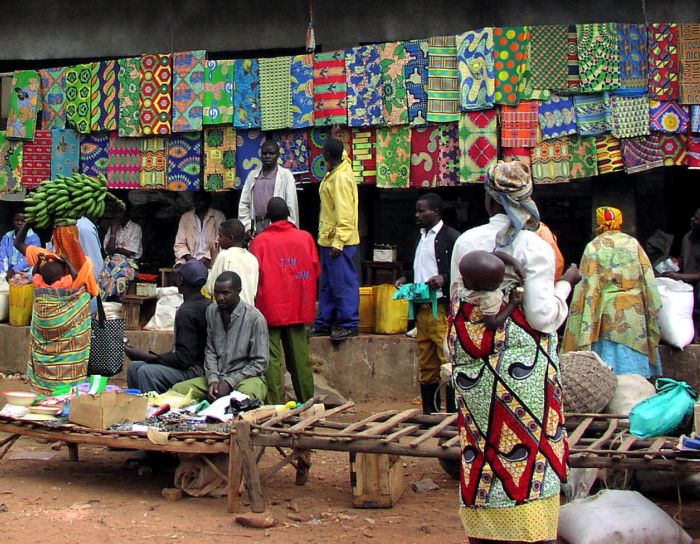A “Sign” in Rwanda

By Debbie Breuer, Scriptures in Use
KIGALI RWANDA—It was midmorning after three days of Bridges 1 training and the group was preparing to fly back to the States. A stop at an open air market was in order to purchase gifts for family and friends.
Anthony and Abdullah were watching as the ladies shopped when a Rwandan woman shopkeeper approached Anthony and asked if he was a pastor.
Anthony’s reply was, “Why do you want to know?”
The shopkeeper said she had questions and wanted to know his opinion.
Anthony replied to her first question with the story of Jesus’s first miracle at Cana; turning the water into wine. The telling of the story started to attract the attention of people around them and the one woman quickly became a small group.
To answer her second question, Anthony told the story of the woman who was brought before Jesus and accused of adultery. The group gathered was growing larger and some shopkeepers had even left their shops unattended to come listen.
The third story Anthony told was the Samaritan woman at the well. By the end of the story, nearly everyone in the market had gathered and were listening and asking questions.
As the SIU group departed and continued to the airport, Abdullah confessed that he had been praying for God to give him a “sign” that storytelling was going to be an effective method to spread the good news of the gospel in Rwanda.
Only God!
———
Scriptures in Use, a Missio Nexus member, provided this article. Member organizations can provide content to the Missio Nexus website. See how by clicking here.



